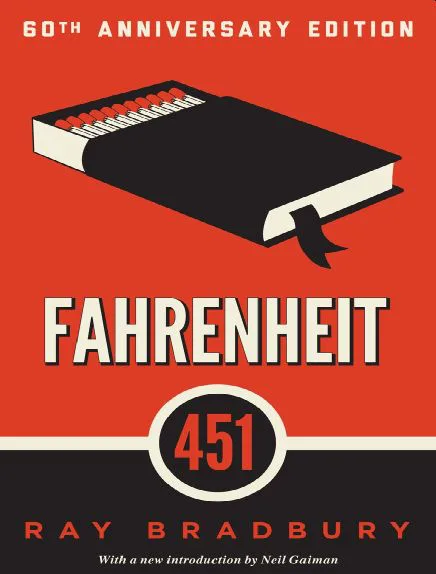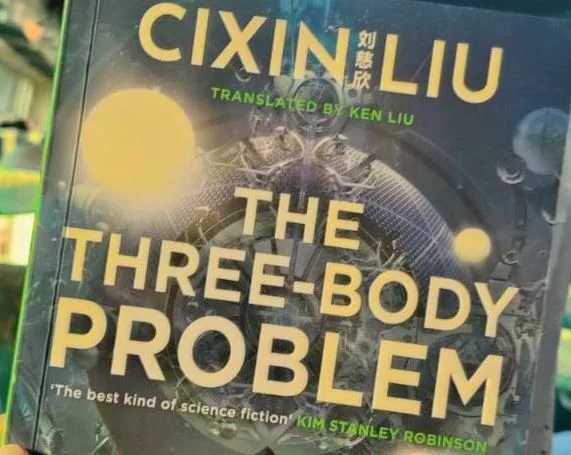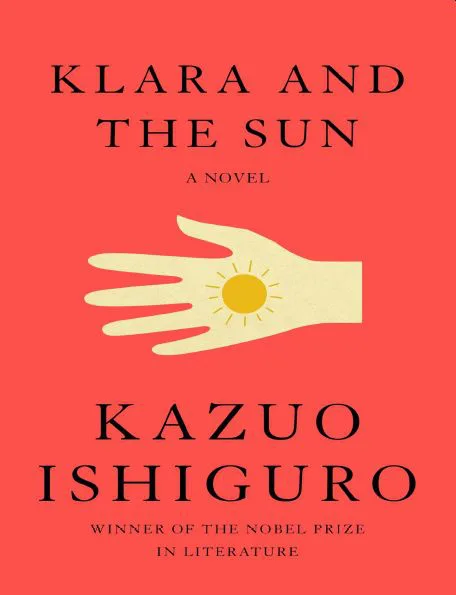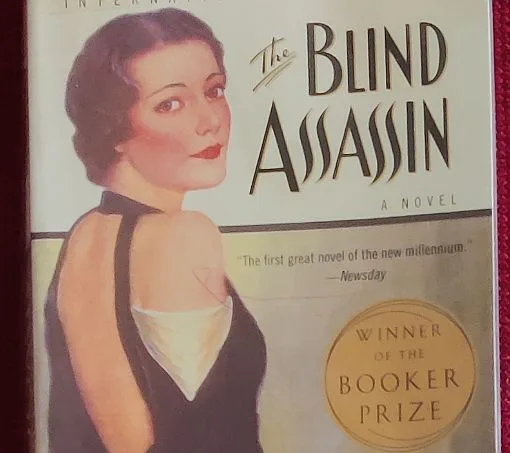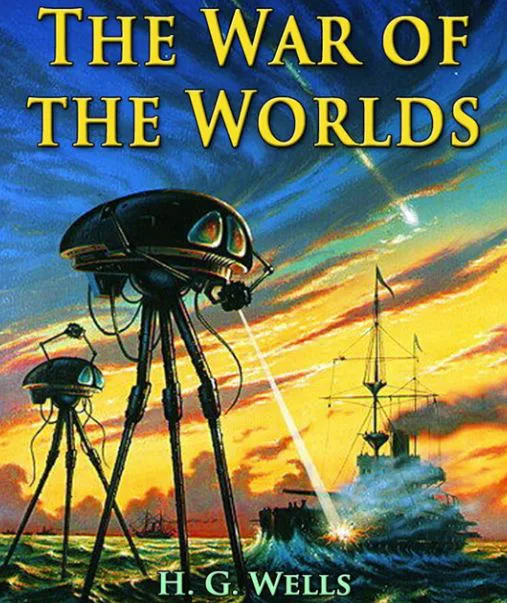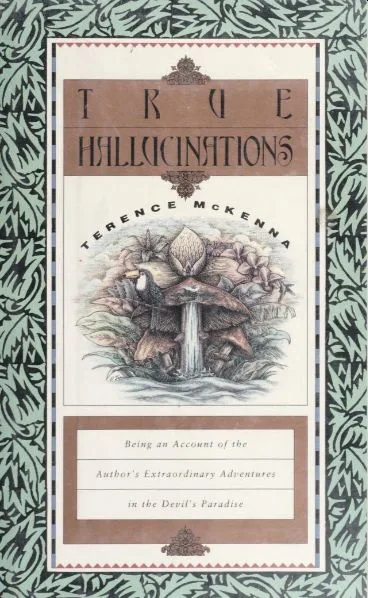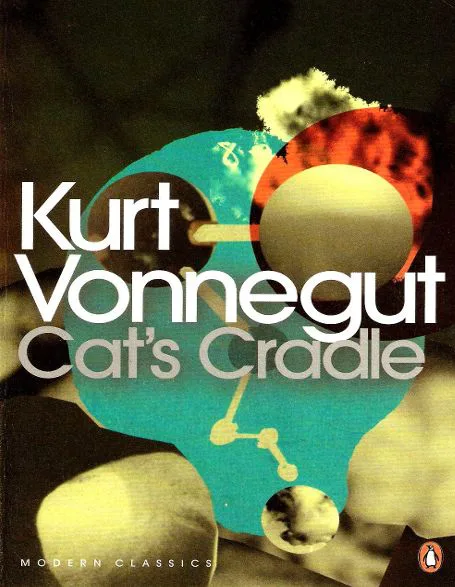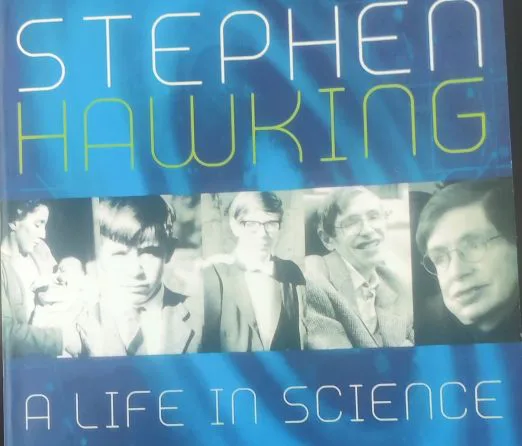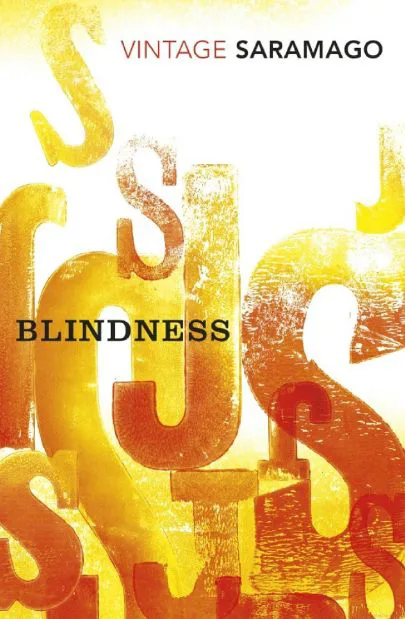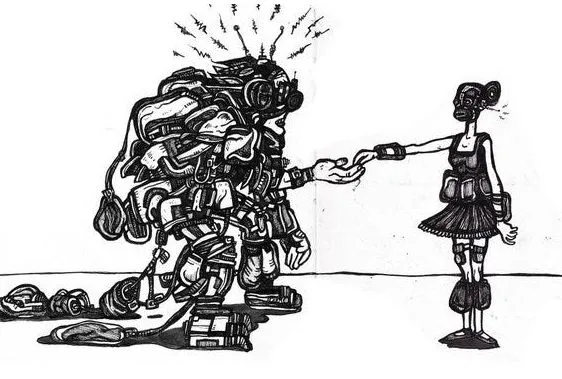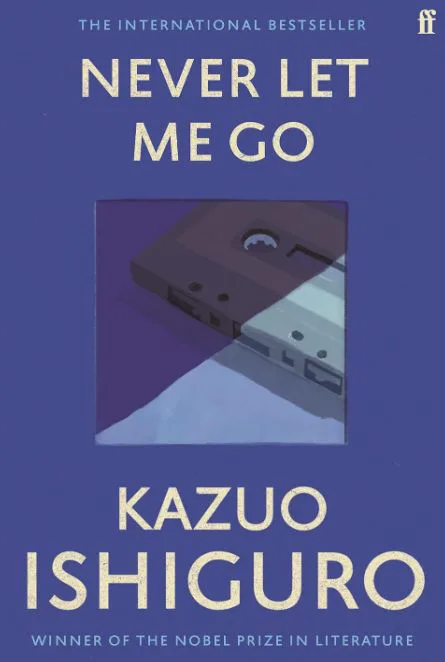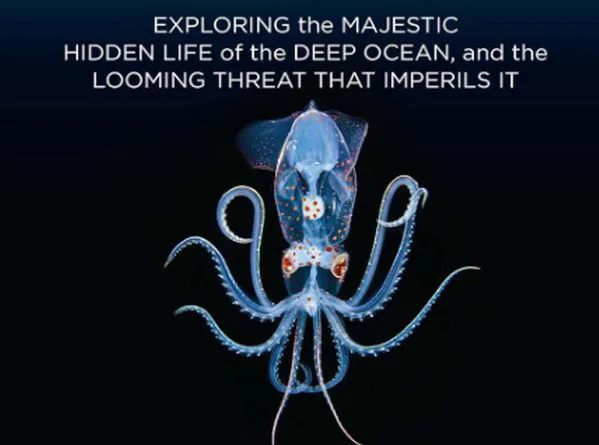“Fahrenheit 451” is a dystopian fiction, written by American author Ray Bradbury in 1953. It stands as one of his most acclaimed works, delving into a dystopian world where people are programmed for efficiency and superficial contentment through constant exposure to television. In this society, intellectuals and free thinkers are absent, and replaced by passive TV viewers. The Plot: Guy Montag’s Evolution The narrative unfolds through the eyes of Gus Montag, a member of the fire brigade. Also, the central character, Guy Montag, is tasked with identifying and incinerating forbidden…
Read MoreTag: books
Book Review: The Three-Body Problem by Liu Cixin
“The Three-Body Problem,” an absolute gem of a story was crafted by Liu Cixin. Originally released as a serial in Science Fiction World back in 2006, the work hit bookshelves as a standalone novel in 2008. It snagged the prestigious Galaxy Award for Chinese science fiction in 2006 and quickly became a literary sensation in China.
Read MoreBook Review: Klara and the Sun by Kazuo Ishiguro
Klara and the Sun is my second read from the vault of Kazuo Ishiguro. The book was first published in 2021. It is a dystopian science fiction novel set in a future where android companions are designed for children. In this era, wealthy parents can choose to enhance their children’s intelligence through a process known as “lifting,” which likely involves genetic engineering, although the specifics are not fully explained in the book. While “lifting” boosts intelligence, it also carries risks such as chronic illness and even mortality.
Read MoreBook Review: The Blind Assassin by Margaret Atwood
“The Blind Assassin” is a book authored by Canadian writer Margaret Atwood, initially published in 2000. This marks my second time reading the same book, yet I still don’t feel adequately prepared to provide a review. This book is intricately and elegantly crafted. As we delve into its pages, we gain deep insights into the characters, yet there’s a veil of uncertainty about whose perspective we’re truly witnessing. I felt myself compelled to hunt for subtle clues sprinkled throughout the book, determined to unravel the mysteries concealed within its pages.
Read MoreBook Review: The Brothers Karamazov by Fyodor Dostoevsky
When I seek literature that is intricate and profound, I turn to the works of Dostoevsky. And this time, I picked up, “The Brothers Karamazov”. Dostoevsky dedicated almost two years to crafting “The Brothers Karamazov,” serialized in The Russian Messenger from January 1879 to November 1880. Sadly, he passed away less than four months after its publication. This masterpiece has since been hailed as one of the paramount accomplishments in world literature.
Read MoreBook Review: The War of the Worlds by H. G. Wells
Having read “The War of the Worlds” when I was younger, this time around, it was a quick read for me. Additionally, having seen the movie, the pace felt familiar and flowed well. The book written by H. G. Wells was first published in 1898. I am still completely in awe of the creativity that Wells showcased during that era. I’m certain this book was ahead of its time. Anyone considering writing a sci-fi story should first study Wells’ work.
Read MoreBook Review: The Rebel by Albert Camus
The Rebel by Albert Camus is an exploration of the implications of the act of rebellion in response to facing the absurdism that the world has to offer. It was first published in 1951. This happens to be my second read after The Stranger by the same author. Being a collection of essays, the book lacks a conventional plot development. Moreover, it’s not an easy read. The following paragraphs resemble notes I took while reading the book. At the moment, I don’t feel equipped to review this work by Camus.
Read MoreBook Review: True Hallucinations by Terence Mckenna
“True Hallucinations: Being an Account of the Author’s Extraordinary Adventures in the Devil’s Paradise” is a book written by Terence McKenna. It was first published in 1989. In this book, McKenna recounts his experiences with psychedelic substances, particularly during his time spent in the Amazon rainforest with his brother Dennis McKenna and a small group of others.
Read MoreBook Review: Cat’s Cradle by Kurt Vonnegut
Kurt Vonnegut’s mind was a treasure trove of compelling and thought-provoking ideas, woven into narratives that challenged conventions, provoked introspection, and sparked conversation. His ability to engage readers on multiple levels – whether through his biting satire, profound insights, or dark humor – is both rewarding and intellectually stimulating. His books possess a timeless quality that resonates with readers across generations. And often reveal new layers of meaning upon each re-reading. Every time I dive into one of Kurt Vonnegut’s books, I can’t help but feel that whichever one I’m…
Read MoreBook Review: Stephen Hawking by Michael White & John Gribbin
Michael White and Dr John Gribbin, adept science writers, have masterfully depicted an indomitable genius and an expansive scientific intellect in the book – Stephen Hawking: A Life in Science. It was first published in 1992. As I read the pages of this book, I’m struck by how the writers effortlessly blend clear explanations of Hawking’s scientific achievements with a heartfelt account of his personal life. Their approach allows readers like me to gain a deeper understanding and appreciation for both facets of his remarkable journey. The book recounts how…
Read MoreBook Review: Blindness by José Saramago
“Blindness” is written by José Saramago. It was first published in 1995. The author is widely regarded as one of Portugal’s greatest literary figures, and his novel “Blindness” stands as a testament to his talent and artistic vision. The book is not written in traditional punctuation and paragraph structures; may be because the writer intended to cultivate a stream of voices that mirror the concept of blindness in its multifaceted manifestations.
Read MoreBook Review: Harrison Bergeron by Kurt Vonnegut
Writers, let me be more specific, science fiction writers are visionaries. Pick up any sci-fi classic, isn’t the themes and repercussions hint at some kind of inevitability? Every science fiction novel that I have read so far has given us a peek into the future and help us understand where our current choices might lead us. Within this genre, themes and repercussions often serve as cautionary tales or reflections of contemporary societal issues. For me, Kurt Vonnegut is one of the names that fall into the category of absolute literary…
Read MoreBook Review: Never Let Me Go by Kazuo Ishiguro
Lately, I’ve been exploring the dystopian genre, relying on recommendations from Goodreads since I’m not very familiar with it. “Never Let Me Go” by Kazuo Ishiguro is my first foray into his work, and it’s a masterpiece of literary fiction. Interestingly, it also evokes comparisons to my favorite author, Margaret Atwood and Lois Lowry. I’ll delve into that connection shortly, but first, let me share my thoughts on this captivating novel. “Never Let Me Go” is an interesting science fiction novel written by British author Kazuo Ishiguro, published in 2005.…
Read MoreBook Review: The Brilliant Abyss by Dr. Helen Scales
“The Brilliant Abyss: Exploring the Majestic Hidden Life of the Deep Ocean and the Looming Threat that Imperils It” is an awesome work by Dr. Helen Scales. The book was first published in 2021. Dr. Scales is a distinguished marine biologist, accomplished writer, and captivating broadcaster. With an impressive repertoire of books exploring the wonders of the ocean, including the Guardian bestseller “Spirals in Time” and the New York Times top summer read “The Brilliant Abyss,” Dr. Scales has established herself as a leading voice in marine literature.
Read MoreBook Review: Twilight of Idols and Anti-Christ by Friedrich Wilhelm Nietzsche
Friedrich Nietzsche’s ” Twilight of Idols and Anti-Christ” sharply criticizes the dominant values, institutions, and beliefs of his era. Accordingly, this bold work encourages readers to challenge their own assumptions and fearlessly explore long-accepted traditional ideas. “Twilight of the Idols” was penned in 1888, while “The Anti-Christ”, was composed shortly after in the same year. And Nietzsche’s mental breakdown occurred in early January 1889, just a short time after completing these works.
Read More
